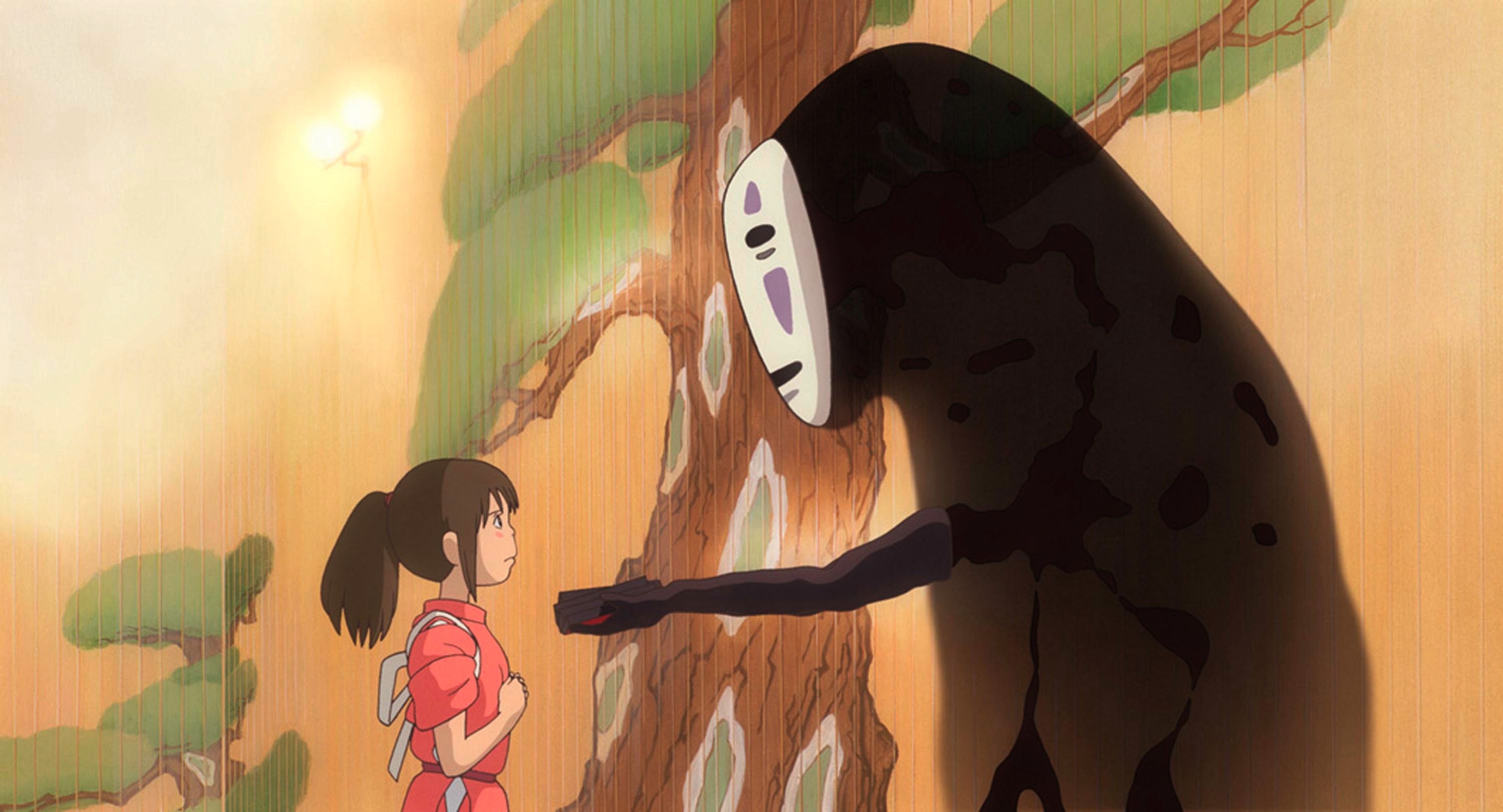Spirited Away: The nightmarish fantasy that brought Studio Ghibli to the west
Hayao Miyazaki’s movie stuck out like a sore thumb when it was screened at Berlin Film Festival two decades ago but the Japanese animation went on to become widely adored by western audiences. Geoffrey Macnab looks at how it challenged entrenched prejudices and ended up being such a hit

You could sense the embarrassment among the PR team representing Hayao Miyazaki’s Spirited Away when it screened at the Berlin Film Festival almost exactly 20 years ago this week. Here was a Japanese animated feature aimed (it seemed) primarily at a children’s audience. The film, made through Miyazaki’s company Studio Ghibli, had been a runaway box office success in Japan the previous summer but journalists and distributors still didn’t expect to see it in the main Berlin competition.
The programme was packed that year with heavyweight new art house films from revered directors such as Costa-Gavras, Paul Greengrass, Marc Forster and Bertrand Tavernier. What place did Miyazaki’s story about a little girl separated from her parents in a disused theme park have next to Bloody Sunday, Amen and Monster’s Ball? The initial impression was that the Berlin organisers were pulling some kind of cheap stunt. Self-important critics were in no hurry to review a kids’ cartoon. The film, though, went on to win the festival’s biggest award, The Golden Bear.
These days, Miyazaki is revered in the west as well as in Asia. However, two decades ago, the situation was very different. Then in his early sixties, Miyazaki (born in 1941) was already a huge name in Japanese animation before Spirited Away but his films hadn’t yet caught on in cinemas internationally. There had been high hopes in the US for his 1997 feature, Princess Mononoke, which Miramax, then a subsidiary of Disney, had released but box office figures had been disappointing – and the Studio Ghibli staff were left bitterly disappointed at the way their work was treated by Harvey Weinstein and associates.
Subscribe to Independent Premium to bookmark this article
Want to bookmark your favourite articles and stories to read or reference later? Start your Independent Premium subscription today.
Join our commenting forum
Join thought-provoking conversations, follow other Independent readers and see their replies